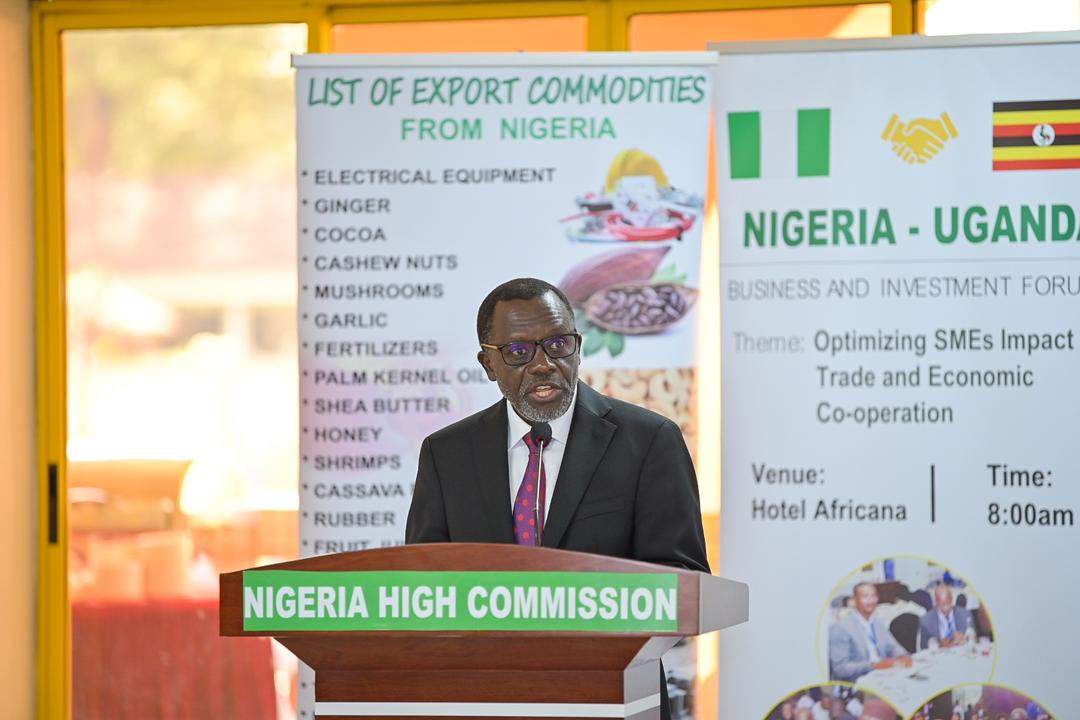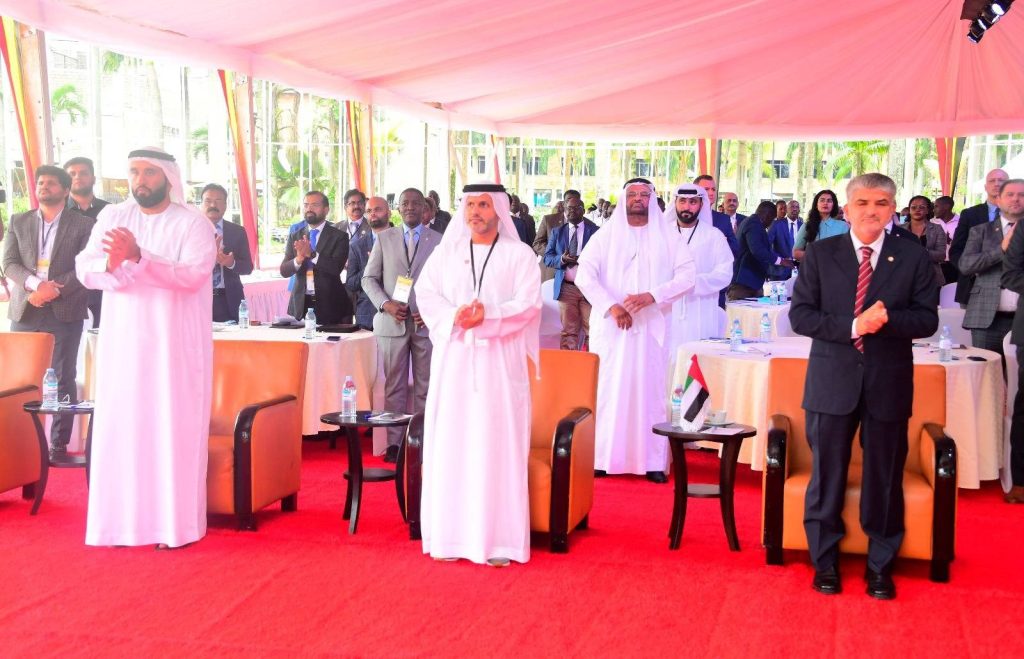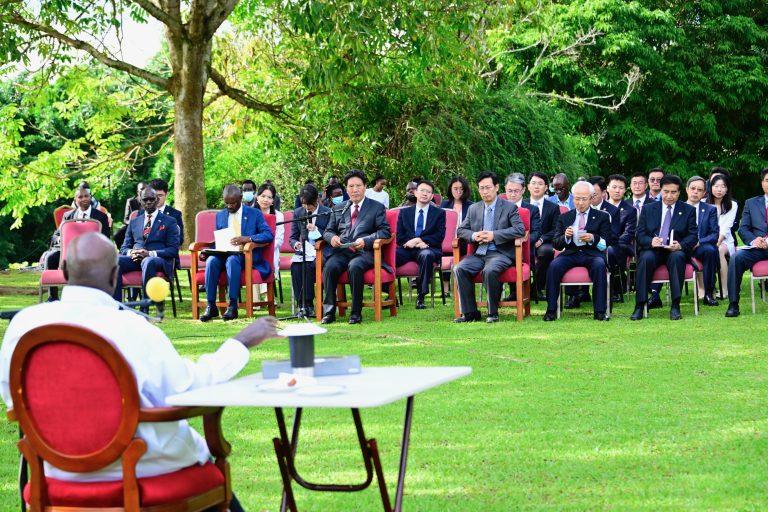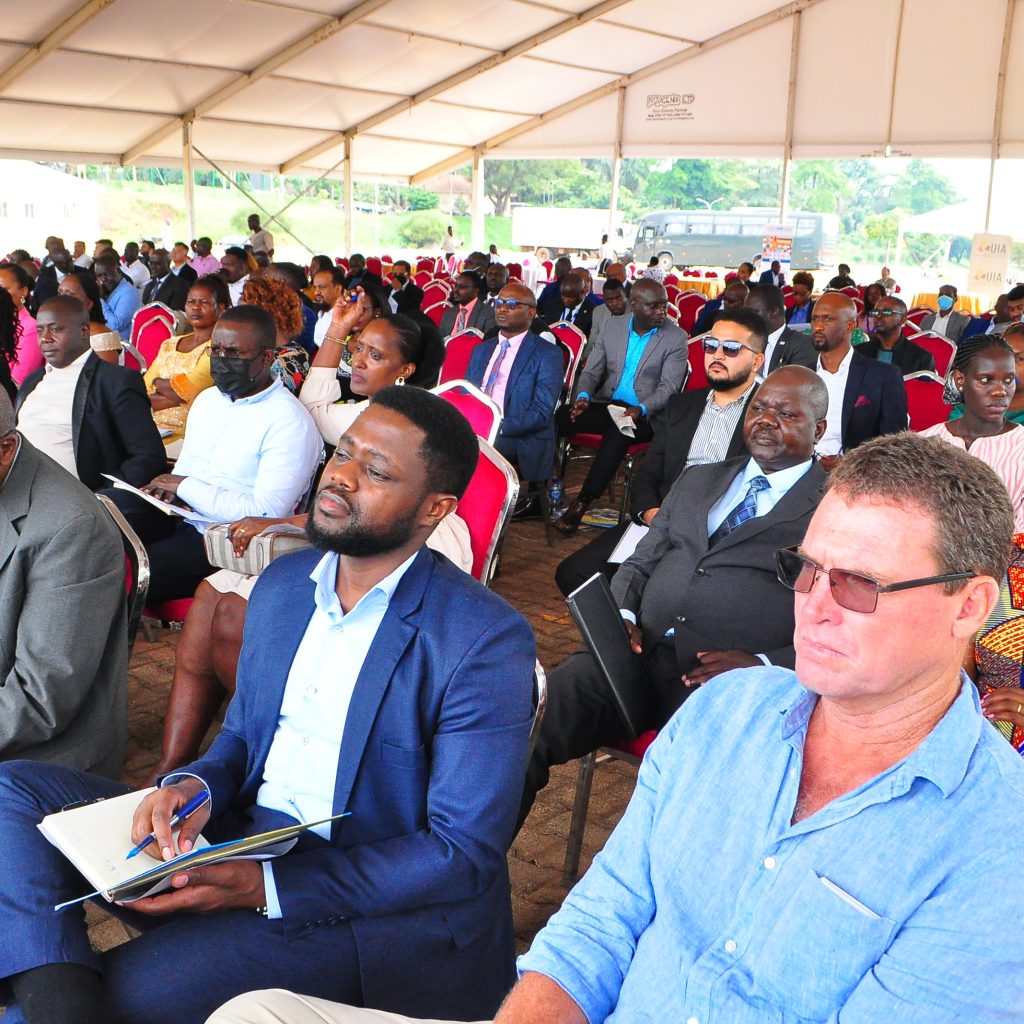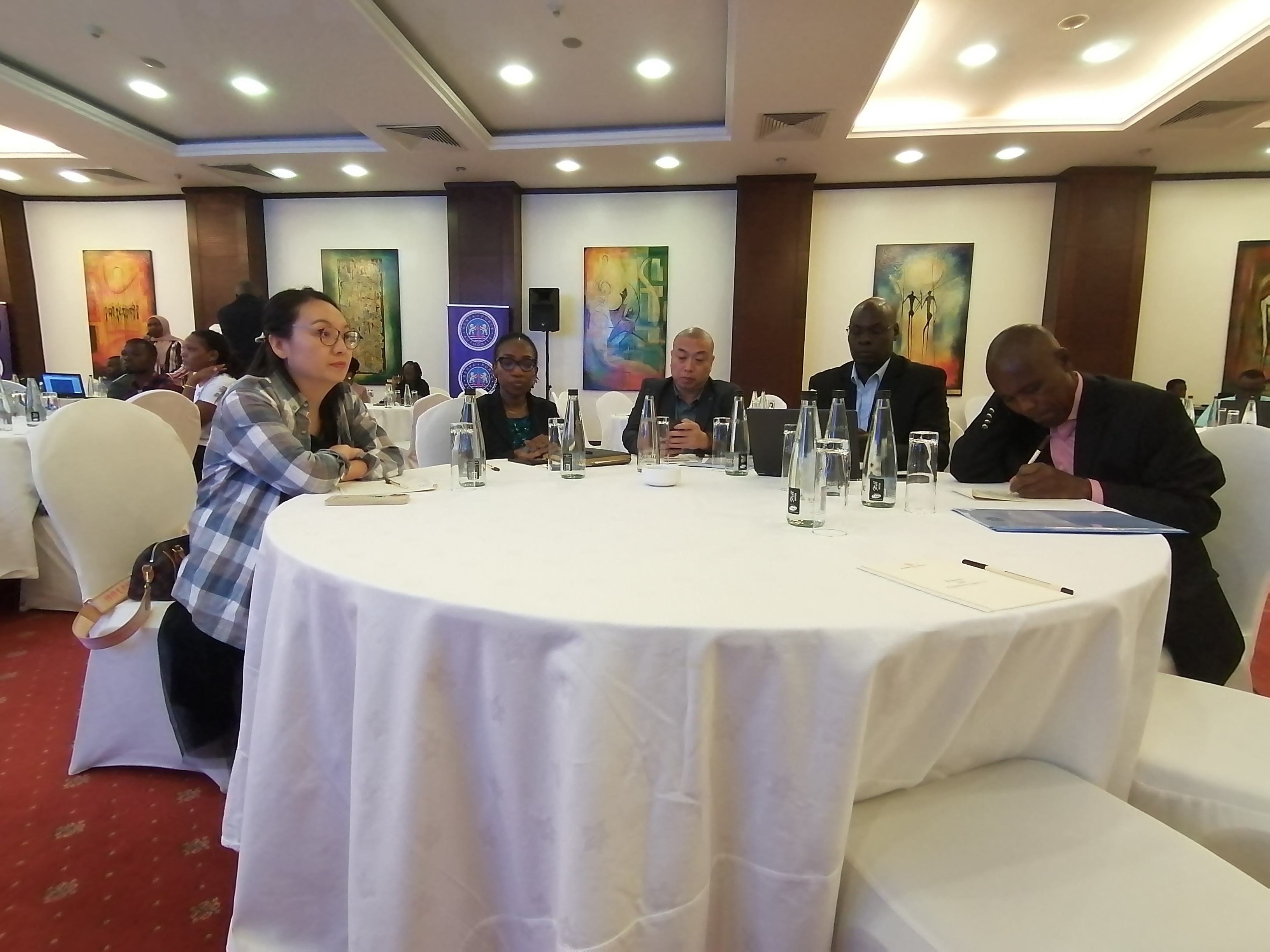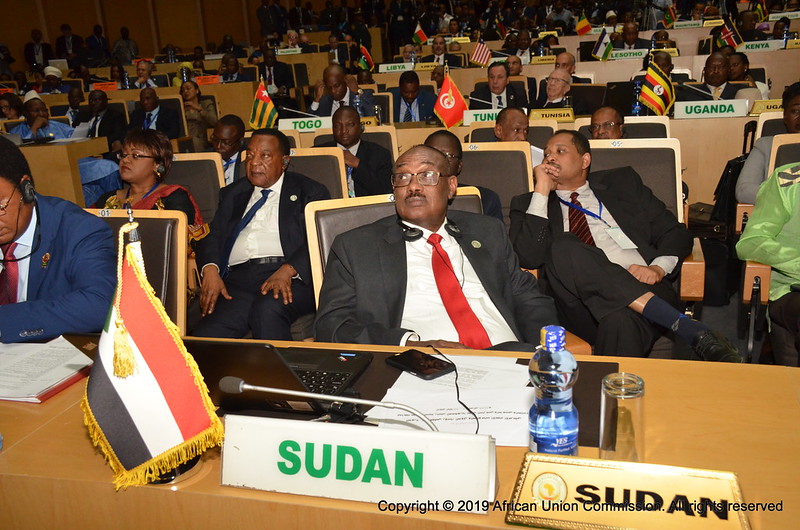Mind standards, exporters told as AFTA takes shape

Trucks at Malaba Border post.
Uganda's micro, small and medium enterprises (MSMEs) have been urged to ensure high quality standards if they are to benefit from the lucrative African Continent Free trade Area (AFTA).
Prof. Charles Kwesiga, the Executive Director of the Uganda Industrial Research Institute, says that there is an urgent need for SMEs to acquire certification of their products if they are to compete favourably with other countries in the AFCFTA market.
"Poor standards are a barrier to the AFCFTA market. It is important for MSMES to know and maintain standards as well as embarking on more production so as to get into the AFCFTA market," he said.
- He made the remarks at the national capacity building workshop for SMEs and youth entrepreneurs on export readiness under AFCFTA focussing on quality standards.
He stressed that three other things must be done well if SMEs are to guarantee access to the AFCFTA market: enhancing the use of technology; acquiring affordable finance, and empowering human capital.
Speaking to this publication in an interview, Mr. Daniel Richard Makayi Nangalama, the acting Executive Director of the Uganda National Bureau of Standards (UNBS), noted that most SMEs try to cut corners by avoiding the need to verify their products with UNBS, which he said was the reason they are finding problems along the way.
- "I urge SMEs to verify their products with UNBS to so as to ensure quality standards. You will not reach the AFCFTA market until you start interacting with us," he said.
The mandate of the UNBS is to develop, promote, and enforce standards in order to enhance the quality of products and services produced in Uganda, including facilitating trade by ensuring that Ugandan products meet international standards, thereby enhancing their competitiveness in global markets.
Collaborating with other national and international organizations involved in standardization and quality assurance activities is also part of the UNBS mandate, which makes it extremely difficult to export to foreign markets without a certification from the standards body.
However, different stakeholders also argued that Uganda must concentrate on building a more comprehensive trade policy strategy that focuses on improving the quantity and quality of the existing exports so as to take advantage of the new markets.
Emanuel Mutahunga, the commissioner for External Trade at the Ministry of Trade, Industry and Cooperatives, said that the Government is playing its part such as putting in place the relevant policy framework to ensure that the country benefits from the AFCFTA.
- "The AFCFTA National strategy has already been drafted and is awaiting official launch and also, the President has already approved the Export Development Fund at the Uganda Development Bank (UDB) aimed at expanding Uganda's potential to export to the AFCFTA," he said.
- John Bosco Kalisa, the Executive Director of East African Business Council (EABC), said they have embarked on creating awareness among the SMEs and youth entrepreneurs so as to enhance their competitiveness in foreign markets.
"Currently, our main focus is on standards because they are a tool to enhance competitiveness; if they are not properly crafted or understood by MSMEs, they will always be struggling. There is a report that says that in Uganda only 18% of SMEs have acquired regional standards, so we need to double the efforts in terms of creating more awareness about standards," Kalisa said.
The AfCFTA was approved by the 18th Ordinary Session of the Assembly of Heads of State and Government in Addis Ababa, Ethiopia in January 2012, for the establishment of a continent-wide free trade area and an action plan for boosting intra-African trade to be key initiatives whose implementation would promote socio-economic development.



.jpg)
